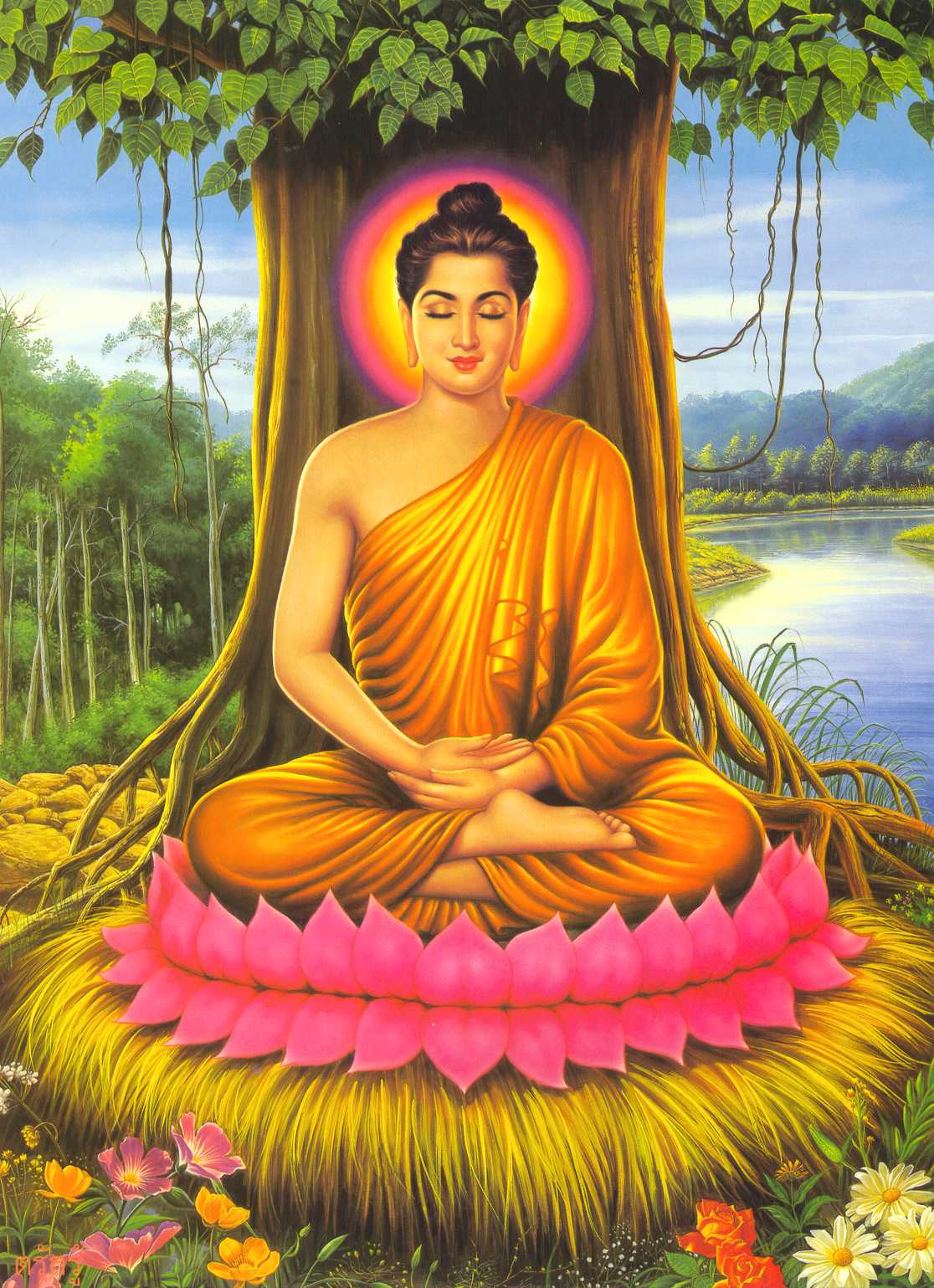Hybrid Identities: Race, Class and Gender in Postcolonial/Multicultural Britain

“Sermon in the Guava Tree” by Kiran Desai
Women are expected to carry the weight of their family on their shoulders. This weight is called honor. The dishonoring of one’s family can be the difference between life and death for women in some countries. The pressure for women to be perfect mothers, perfect wives, perfect lovers never truly stops.
Mrs. Chawla remembered her own free spirited ways during her youth and encouraged her son to follow his own path. This path lead him to the spirituality of Buddhism. Buddhism involves the letting go of suffering. To let go of suffering, one must isolate the cause of the suffering and cease to suffer by following the path of cessation.
I don’t believe that anything Sampath said was profound. However, he seemed profound because no one else had thought to stop and think of solutions to their problems. Everyone is seemingly too busy to climb the metaphorical tree and think of the solutions/leaves that hang above their heads. Everyone is too busy being in the situations to think of suitable solutions to those situations.
Buddhism is about letting go the problems of everyday life. Those problems are keeping you from ultimate peace, from nirvana.
An important question was raised. How does one go about becoming one with God? Do they require knowledge or undying devotion. To me, it’s knowledge about one’s self and one’s surroundings. Devotion can only occur when one is devoted to knowing themselves first. I’m not religious in the slightest. However, I believe that God doesn’t want those who are strangers to themselves. I feel as though people question themselves and life too much, no one is willing to let go of atrocities or misfortunes because we as humans feed off of them. We can’t look away from train wrecks, car accidents, or blaring sirens racing towards fires. Something about chaos attracts us and something about peace bores. We don’t want suburbia, we want a dysfunctional utopia. We want the appearance of being perfect, without having to put in the work to achieve tranquility.
All of this makes me wonder though, does Sampath have more peace than others? Is he happier than others? Is he more enlighted than others? Or, is he a fraud?
Work Cited:
Ames, Natasha. “The Sermon in the Guava Tree.” Prezi.com, 1 Dec. 2011, prezi.com/drb9nu1rqgis/the-sermon-in-the-guava-tree/.
“Buddhism: Basic Beliefs and Practices.” Infoplease, Infoplease, http://www.infoplease.com/encyclopedia/religion/eastern/buddhism/buddhism/basic-beliefs-and-practices.
Holcomb, Brett. “Buddhism – Lessons – Tes Teach.” Tes Teach with Blendspace, http://www.tes.com/lessons/pNDzQTHITpd8gw/buddhism.








